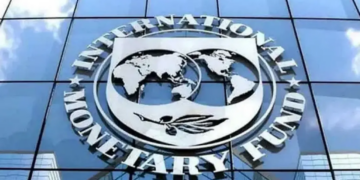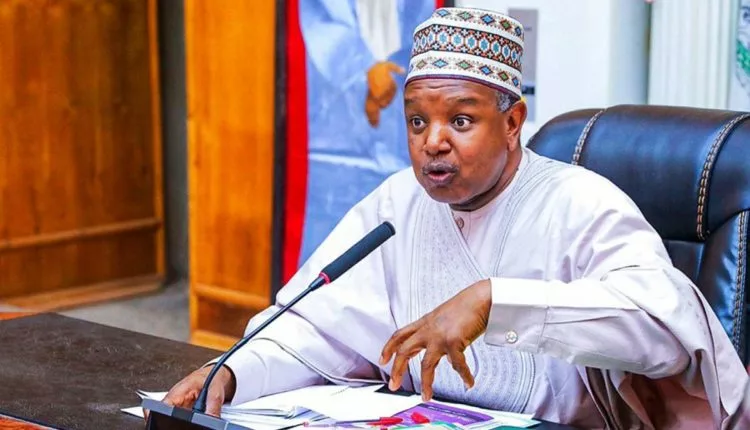The federal government has intensified partnership with the United Nations Environment Programme (UNEP), Frankfurt School of Finance and Management to boost awareness and investment on clean captive installations for industrial client in sub-Saharan Africa.
This was the focus of a one-day workshop organised by the Energy Commission of Nigeria(ECN), the UNEP and Frankfurt School in Abuja to disseminate knowledge learnt from the implementation of the project on Clean Captive Installations for Industrial Client in Sub-Sahara Africa.
Speaking at the workshop, the Acting director general, ECN Engr. Joseph Sunday Olayande lauded the partnersfor choosing Nigeria to be among the four countries that are benefiting from the project.
He said: “It may interest you to know that Nigeria has the largest economy in Africa – in tight competition with South Africa – and is the 30th largest economy in the world. This would not have been possible without the industrial sector, which this project is targeting Among the main industrial sectors in Nigeria, the manufacturing sector is likely to have the greatest potential for clean captive power uptake.
“According to the World Bank Enterprise Surveys 2014 for Nigeria (World Bank Group n.d.). 48.1 per cent of the enterprises in the manufacturing sector identify electricity as a major constraint. Average losses due to electrical outages incurred by these firms were 18.3 per cent of annual sales.’’
Only 3 – 4 per cent of the energy consumption of the Nigerian manufacturing industry comes from grid-connected electricity. This implies that over 95 per cent of electricity consumption of these sector come from fossil-fuel based captive power”.
Engr. Olayande also told reporters in an interview that the project is a welcome idea as it will support clean renewable source and keep industries and commercial sectors working to boost the economy.
“So instead of relying on diesel generators and polluting the environment and warming the climate further, this can help improve the welfare of the people, generate economic activities for the installers of the facilities,” the director general said.
He explained that the Commission’s primary duty is to coordinate the project activities in Nigeria, bringing together the various stakeholders and ensuring they understand the concept very well and are able to relay back to their respective country, agency and private sector they belong to.
In his presentation, Tobias Panofen, deputy head, Frankfurt School – UNEP Collaboration Center for Climate and Sustainable Energy Finance reeled out the four major components of the project implementation on Clean Captive Installations for industrial clients in Sub-Sahara Africa. These include; Base-line studies of awareness raising, economic and financial tools and assessment, realisation of one pilot project per country and knowledge dissemination and outreach.
Panofen said the experience and track record accumulated by the pilot projects will be spread at the national level, bringing clarity and visibility to the industrial sector, reducing risks perceived by industrialists as well as financiers, while the market for captive installations matures and expands despite a lack of long-term financial support.
He also spoke on lessons learnt from Nigeria, adding that many companies can deliver at scale but are challenged by issues such as prohibitively high transaction cost. He said however, that UNEP and other stakeholders are very much willing to help companies to address the challenges and be able to implement the business model that they have developed.
Also speaking, the Principal Industrial Officer, Federal Ministry of Industry Trade and Investment, Ike Obin lauded the project, stressing that it will not only promote sustainable industrial growth but will also contribute to the reduction of greenhouse gas emissions in the region.
“We are committed to supporting the Energy Commission of Nigeria in its efforts to promote the adoption of clean captive installations in the region and encourage other stakeholders to join this initiative. We believe that this will help us achieve our common goal of building a more sustainable future for all,” he said.
This project is funded by the German Federal Ministry for the Environment, Nature Conservation and Nuclear Safety (BMU) through the International Climate Initiative (IKI); while the United Nations Environment Programme (UNEP) in collaboration with the Frankfurt School of Finance and Management implemented the project in four pilot countries, namely: Kenya, Ghana, Nigeria and South Africa. For Nigeria, UNEP is using the Energy Commission of Nigeria (ECN) as its coordinating office.
We’ve got the edge. Get real-time reports, breaking scoops, and exclusive angles delivered straight to your phone. Don’t settle for stale news. Join LEADERSHIP NEWS on WhatsApp for 24/7 updates →
Join Our WhatsApp Channel









